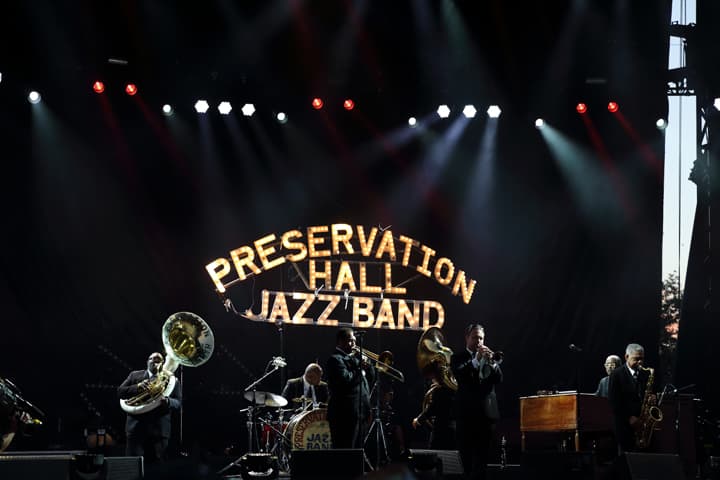Advertisement
The Way Of Spontaneity
This program was originally broadcast April 2, 2014.
The art and power of spontaneity, in ancient philosophy, in jazz, in everyday life. We’ll look at “Trying Not To Try," the Chinese concept of “Wu-wei”, and the completely focused mental state of “flow.”

The old reggae song says “Try. Try and try. You’ll succeed at last.” And we know there can be truth in that. But we also know that grinding, stressful, pounding effort can turn self-defeating. My guest today studies philosophy and neuroscience. He says look to the way of spontaneity. To the old Chinese philosophers of the Tao and more. Get in the zone. Act freely, spontaneously. And you may find your most productive, creative self. A Ttiger Mom might not get it. But Yoda would, he says. This hour On Point: the Tao of spontaneity, the way of flow. And trying not to try.
-- Tom Ashbrook
Guests
Edward Slingerland, professor of Asian studies and research chair of Chinese thought and embodied cognition at the University of British Columbia. Author of the new book "Trying Not To Try: The Art and Science of Spontaneity." Also author of "Effortless Action: Wu-wei As Conceptual Metaphor and Spiritual Ideal in Early China."
Mihaly Csikszentmihalyi, professor of psychology and management at Claremont Graduate University. Founding co-director of the Quality of Life Research Center. Author of "Finding Flow: The Psychology of Engagement with Everyday Life" and "Creativity: The Psychology of Discovery and Invention," among other books.
From Tom's Reading List
The Atlantic: How Not To Try — "Woven into most of our natures is a cumbersome desire to be accepted and liked. At odds with that is the equally natural tendency to be turned off by people who wear that desire on their sleeves. If you, like me, essentially reek of effort in all that you do, such that people can sense it blocks away, and it makes you unattractive socially and intellectually, and it makes babies cry, can you practice and learn to cultivate a genuinely spontaneous approach to life? Is it possible to be deliberately less deliberate?"
New York Times: The Music Of 'Flow' — "Being in flow can be applied to any context, doing any activity that offers its own rewards, whether playing a grandmaster chess match, performing in the N.B.A. playoffs, listening to music at home, or performing heart surgery. Csikszentmihalyi’s flow charts are insightful and instructive about how to maintain flow during an extended activity: first, one achieves a balance between ability and level of difficulty, then one increases difficulty as ability grows."
Biographile: Edward Slingerland on the Art of Effortlessness -- "Wu-wei means literally 'no doing' or 'no trying' but is better translated as 'effortless action.' It refers to a state of total ease, in which you become completely lost in what you’re doing, feel no sense of exerting effort, and yet everything works out perfectly. When you are in wu-wei, you are maximally effective in the way you move through the world and you emerge from the experience feeling relaxed and satisfied. "
Read An Excerpt Of "Trying Not To Try" By Edward Slingerland
This program aired on January 15, 2015. The audio for this program is not available.